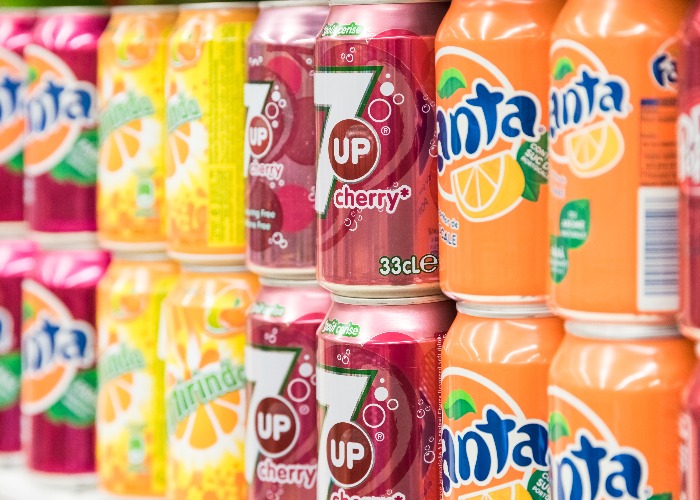The sugar levy: what does it mean for you?

The Budget featured the announcement of a new sugar levy. But how will it work? And what will it cost you?
One of the high profile announcements from this week's Budget was the announcement of a sugar tax on the soft drinks industry.
But how will the levy work? And what sort of drinks will be hit with the charge?
How the sugar levy will work
There will be two bands for the levy, depending on the sugar content of the drink. The smaller band will be charged on drinks with a total sugar content above 5g per 100ml, while the higher band kicks in for drinks with more than 8g of sugar per 100ml.
The charge will equate to an additional 18p per litre for the lower band and 24p per litre for the higher band.
However, pure fruit juices and milk-based products will be exempt from tax.
The Government claims around £520 million will be raised, with that money put towards boosting sports in schools.
Which drinks will be hit with the sugar levy?
Let's take a look at some examples of drinks which will now be subject to the sugar tax.
Fizzy drinks which fall into the lower bracket include:
|
Drink |
Sugar content (per 100ml) |
|
Lilt |
4.6g |
|
Tango Orange |
4.2g |
|
Powerade |
4.1g |
Examples of drinks with higher sugar content include:
|
Drink |
Sugar content (per 100ml) |
|
Old Jamaican ginger beer |
16g |
|
Coca-Cola Cherry |
11.2g |
|
Red Bull |
11g |
|
Pepsi |
10.6g |
|
7Up |
10.6g |
|
Irn Bru |
10.5g |
|
Dr Pepper |
10.3g |
|
Ribena |
9.9g |
|
Vimto |
9.1g |
|
Lucozade |
8.7g |
The tax will come into force in two years’ time, which gives manufacturers time to modify or remove sugary ingredients.
Avoid paying interest with a 0% credit card
Why now?
In his Budget speech, the Chancellor pointed out that five-year old children are consuming their body weight in sugar every year, with experts predicting that within a generation over half of all boys, and 70% of girls, could be overweight or obese.
He continued: "I am not prepared to look back at my time here in this Parliament, doing this job and say to my children's generation: I'm sorry. We knew there was a problem with sugary drinks. We knew it caused disease. But we ducked the difficult decisions and we did nothing."
All very laudable. However, the Chancellor also had to find some way to raise more cash given the downgraded growth forecasts, which translate into lower tax receipts, so there is very much an economic motivation for the new sugar levy as well as an ethical one.
Chef Jamie Oliver, a constant campaigner in favour of a sugar tax said the announcement was “amazing news”.
But what do you think? Are you in favour of the sugar tax?
Picture credit: Radu Bercan/Shutterstock.com
Avoid paying interest with a 0% credit card
More on the Budget:
Comments
Be the first to comment
Do you want to comment on this article? You need to be signed in for this feature